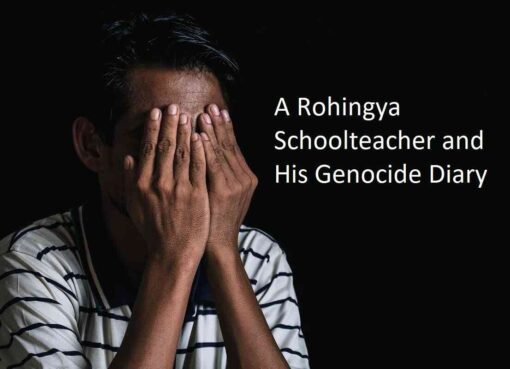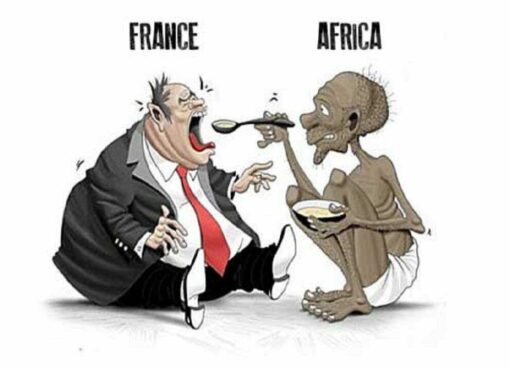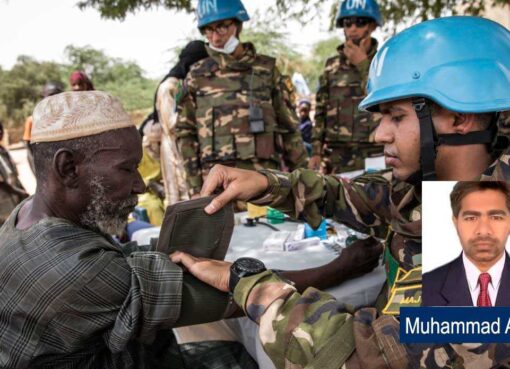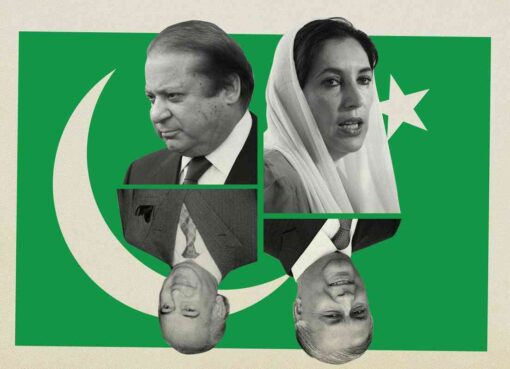After a few years of the independence of Bangladesh, the state starts to express its stance in favor of Palestine as well as protest the heinous activities of Israel when Palestine and Israel are locked in war.
The states are locked in war on October 7, 2023, and Bangladesh has expressed its stance in favor of Palestine as well as protested the Israeli attacks on armless Palestinians this time as usual, but what’s the de’jure or de’facto scenario of our foreign policy and why? The answer to the question must be clear if we look at the backs.
We now need to see the motto of our foreign policy as conscious citizens; we should know it. If we look at our foreign policy, we would see a sentence at first: ‘Friendship towards All, Malice towards None.’ This motto tells us we should follow friendship relations with all the states of the world and no inimical relations with any state of the world.
Not only Bangladesh but also no state can follow this stance in reality, like if Bangladesh follows friendship relations with Russia, then Ukraine and its allies would follow inimical relations with us automatically.
Now we can check our passport, which should reflect the state’s foreign policy, and an important sentence that describes the de facto capacity of the passport. If we check the first page of the passport, which was issued by the People’s Republic of Bangladesh in 2012, we would see a red line in capital letters: “THIS PASPORT IS VALID FOR ALL COUNTRIES OF THE WORLD EXCEPT ISRAEL.”
Now the contradiction between the motto of the state’s foreign policy and passport is very clear. The motto of foreign policy tells us you can travel to all the countries in the world, but the passport says you can’t travel to Israel.
If we check the first page of another passport that was issued by the same authority in 2017, we would see a green line in capital letters, though the previous one was in red: “THIS PASPORT IS VALID FOR ALL COUNTRIES OF THE WORLD EXCEPT ISRAEL.”
The color of this line has been changed from red to green, which is a symbol of relaxation, though there have been no changes in the words. But if we check the passport of the same authority for 2022, it is described differently in green, like “THIS PASPORT IS VALID FOR ALL COUNTRIES OF THE WORLD.”
After long days of our journey, we are in a line in the term of de’jure of the foreign policy, but there hasn’t been any step taken to move forward this de’jure into de’facto.
Israel dedicatedly supported East Pakistan to be separated from West Pakistan and finally proved its dedication by providing recognition to the new state as Bangladesh on February 7th, 1972.
Though the Embassy of Israel is absent in Bangladesh, on the other hand, the Embassy of Palestine in Bangladesh is available.
The new state, Bangladesh, had required plenty of foreign assistance, especially financial assistance, but Israel and its allies couldn’t, so the new government had to depend on Arab countries.
In spite of such assistance from the state, the new Bangladeshi government had to cut all diplomatic relations with Israel and add the line “THIS PASPORT IS VALID FOR ALL COUNTRIES OF THE WORLD EXCEPT ISRAEL” on its passport because of the diplomatic pressure of Arab countries. Arab countries couldn’t easily accept the separation of Bangladesh because of the separation from an Islamic country, Pakistan. So the Arab world recognized Bangladesh very late.
It’s a very normal practice in the diplomatic world, but dropping our own foreign policy with a passport in paradox proves our absurdity in the diplomatic world only for the lack of diplomatic knowledge of officials who are responsible for making our foreign policy. The officials who are responsible for making foreign policy are mostly medical and engineering graduates, not diplomacy-based graduates, because of the wrong recruitment policy.
The SAARC Summit of 2016 was canceled because India wouldn’t like to join the summit, which was supposed to be held in Islamabad, Pakistan. Later, Bangladesh expressed its position about the summit, even though SAARC is a big regional group that was inaugurated by Bangladesh.
Several times Bangladesh played a role in favor of India in the international arena as well as in the United Nations (UN), but a few days ago a vote was held in the UN on the Rohingya issue between Myanmar and Bangladesh, and unfortunately India voted against Bangladesh.
Such immature diplomatic activities of Bangladesh famed the country as a vessel state. If such things continue, we must be styled as a satellite state, even though we are an independent country, which we cannot expect. It is high time to recruit officials based on education and passion in every sector, not just foreign cadres. We don’t want to see our nation in an untoward situation or lose our national interest anymore.







